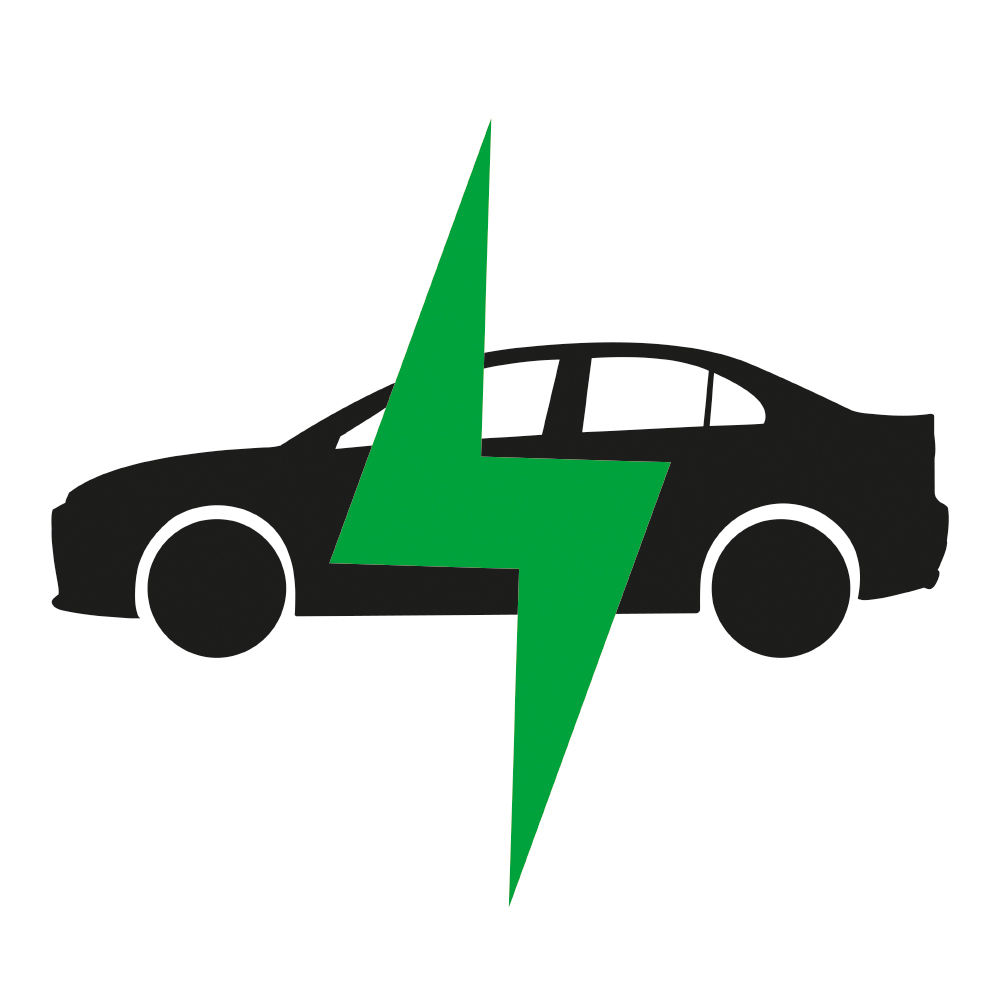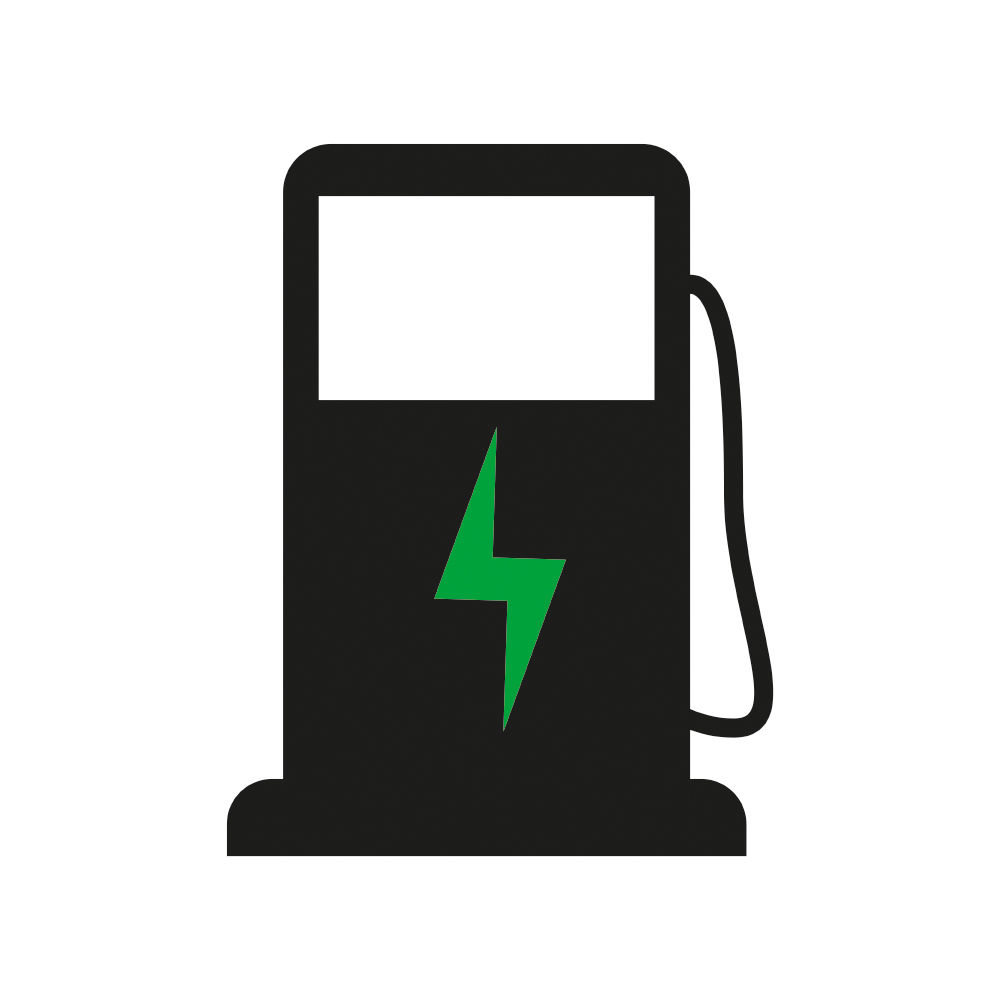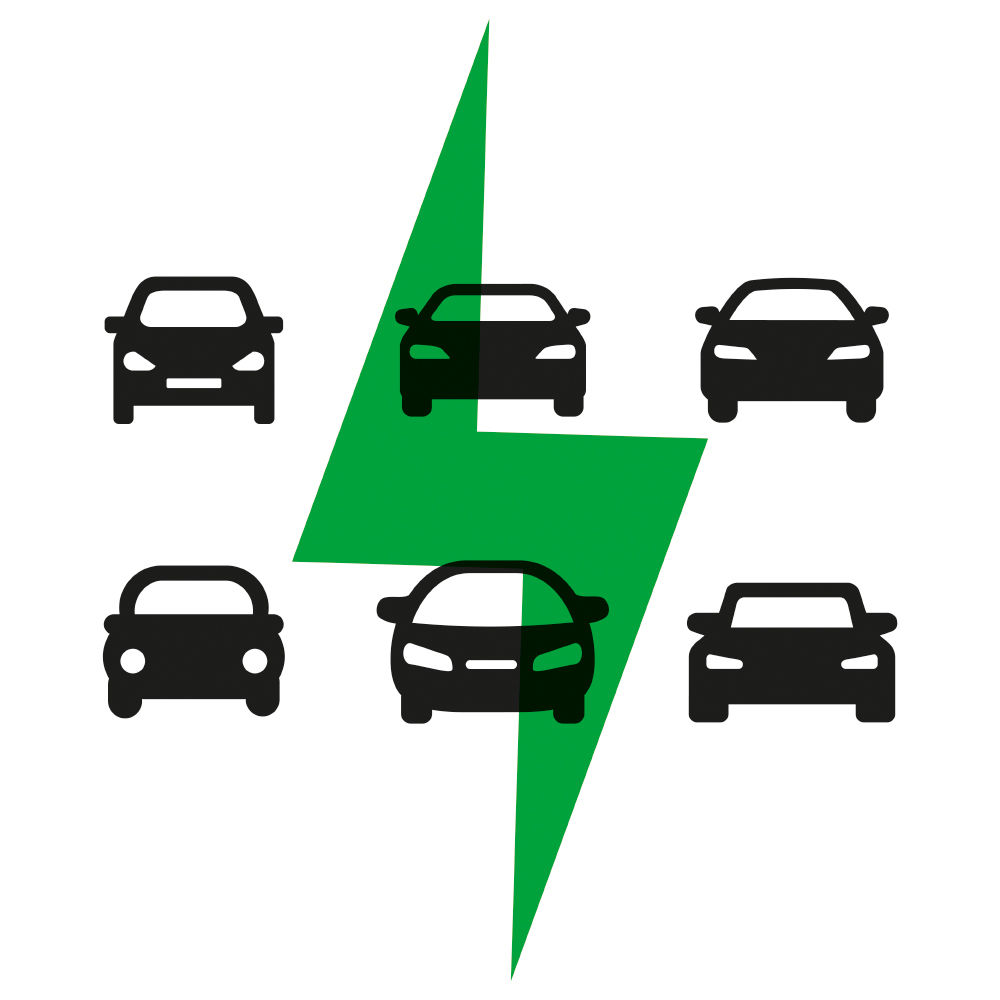Please Wait
This won't take a moment...
Electric Vehicles (EVs) are becoming more popular with drivers in the UK. But with so much information available and the technology changing so frequently, it can be daunting to start researching ahead of swapping from a conventional engine. To help anyone considering swapping to an EV, Pentagon has gathered everything you need to know without getting too technical.

What You Need to Know Before Buying an EV

Complete guide to Electric vehicle Batteries

What You Need to Know About Running Electric vehicles

VAUXHALL HYBRID & ELECTRIC VEHICLE RANGE
|
Glossary of Common Electric Vehicle Terms |
|
|
What Does 'EV' Stand for? |
Electric vehicle; a vehicle that runs using an electric motor |
|
What Does 'BEV' Mean? |
Battery electric vehicle; an EV that runs on purely electric power. Propulsion is generated from the electric motor only |
|
What is a 'HEV'? |
Hybrid electric vehicle; an EV that uses an electric motor to supplement a conventional engine |
|
What Does 'mHEV' Mean? |
Mild hybrid electric vehicle; similar to a HEV but with a smaller battery |
|
What Does 'PHEV' Stand for? |
Plug-in hybrid electric vehicle; an EV that uses an electric motor to supplement a conventional engine which can be plugged in to charge the batteries |
|
What Does 'ICE' Stand for? |
Internal combustion engine; an engine that burns conventional fuels to drive pistons |
|
What is a 'kWh'? |
Kilowatt hours; a measure of battery capacity |
|
What is a Charge point |
A public or private point to charge an EV's battery
|

Electric cars release less emissions than a traditional combustion engine due to the power coming from an electric motor.
A BEV will produce zero emissions whilst driving. The impact of a power station generating the electricity needed to travel a certain distance would typically be lower than the impact from an ICE traveling that same distance. Coupled with the increasing amount of energy coming from renewable resources, the carbon footprint of a journey in an electric car is particularly small.

EVs are typically charged at home overnight. Many electric providers use variable tariffs so a full battery charge can range between £2.50 and £5.00.
The exact mileage from an EV varies depending on the model and conditions. The majority of BEVs are able to do 100 miles fairly easily. Travelling 500 miles could cost between just £12.50 and £25.00. Hybrid vehicles are able to use their electric motors to increase the distance between fill-ups so that you typically spend less money on fuel.

At real-world driving speeds, EVs offer performance benefits over traditional engines. Electric motors deliver a high level of torque instantly.
A combustion engine would need to reach a high RPM for peak power but the full power of an electric motor is available from a dead stop. This all results in quicker acceleration between 0-80mph. Many performance EVs also use of their motors to power and brake each individual wheel to improve agility and handling.

The latest technologies often appear in EVs before they are rolled out to traditional cars. Currently, EVs generally have a higher level of connectivity.
EV drivers are often being able to take advantage of features like turning on heated windscreens from their smartphone. They also tend to have advanced mechanical features. Most EVs reclaim energy braking to charge the battery, a technology that was initially used in Formula One racing!
There are 4 main types of Electric Vehicle. Any vehicle that doesn't use a conventional petrol or diesel internal combustion engine is known as an “Alternative Fuel Vehicle”. This is an umbrella term rather than a specific type of vehicle.
The 4 main types of EV are:
There is also a 5th type of electric vehicle but these are less common. Hydrogen Electric vehicles use a fuel cell to mix hydrogen and oxygen generating electric power and emitting only water. Hydrogen can be pumped into the car in much the same way as diesel or petrol. However, these typically expensive than other forms of electric vehicle and there are currently less than 15 hydrogen fuelling stations in the UK.
 Pentagon Vauxhall Burton Upon Trent
Pentagon Vauxhall Burton Upon Trent
Burton-on-Trent, Staffordshire, DE13 0DF
 Pentagon Vauxhall Derby
Pentagon Vauxhall Derby
Derby, Derbyshire, DE21 6HB
 Pentagon Vauxhall Lincoln
Pentagon Vauxhall Lincoln
Lincoln, Lincolnshire, LN6 7QY
 Pentagon Vauxhall Loughborough
Pentagon Vauxhall Loughborough
Loughborough, Leicestershire, LE11 1NE
 Pentagon Vauxhall Mansfield
Pentagon Vauxhall Mansfield
Mansfield, Nottinghamshire, NG18 5HX
 Pentagon Vauxhall Nottingham
Pentagon Vauxhall Nottingham
Nottingham, Nottinghamshire, NG5 6BN
 Pentagon Vauxhall Oldham - Chadderton Way
Pentagon Vauxhall Oldham - Chadderton Way
Oldham, Lancashire, OL1 2QL
 Pentagon Vauxhall Sheffield
Pentagon Vauxhall Sheffield
Sheffield, South Yorkshire, S9 4WA
This won't take a moment...
If you have a query relating to Discretionary Commission Agreements please email customer.care@pentagon-group.co.uk However, please note that if your query related to a purchase more that 7 years ago we will no longer hold any details due to our data retention policy.
This won't take a moment...